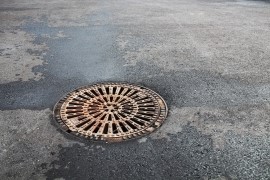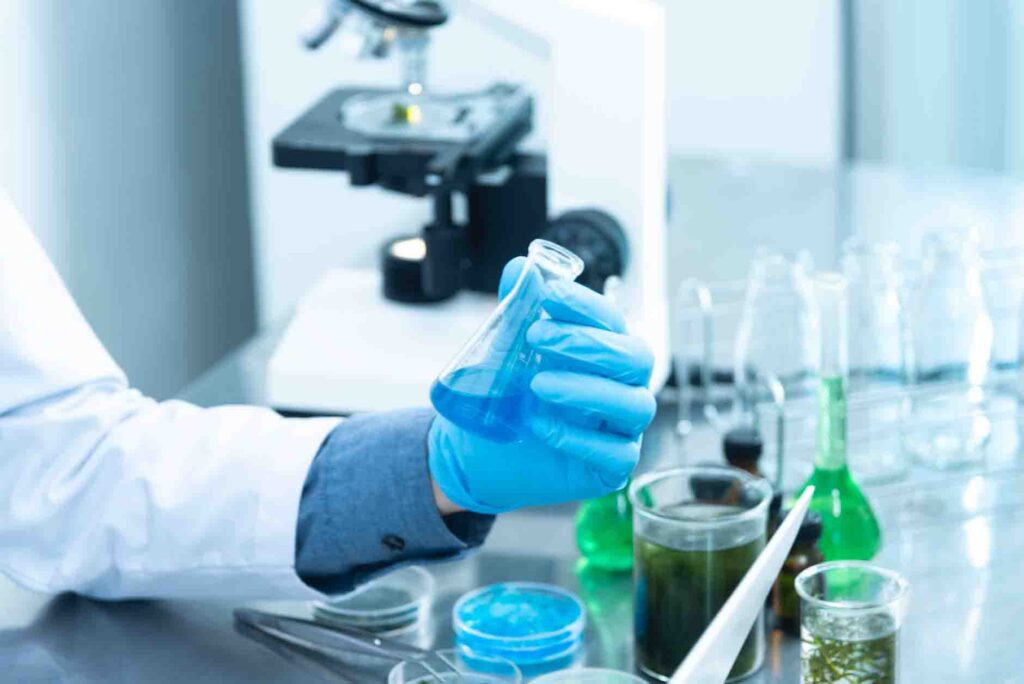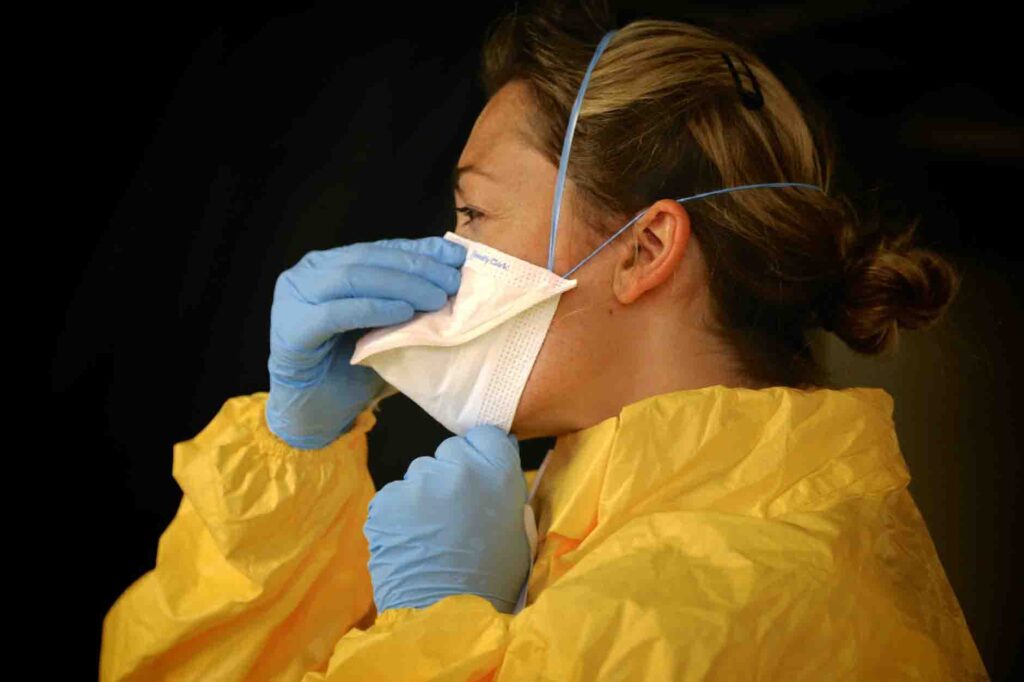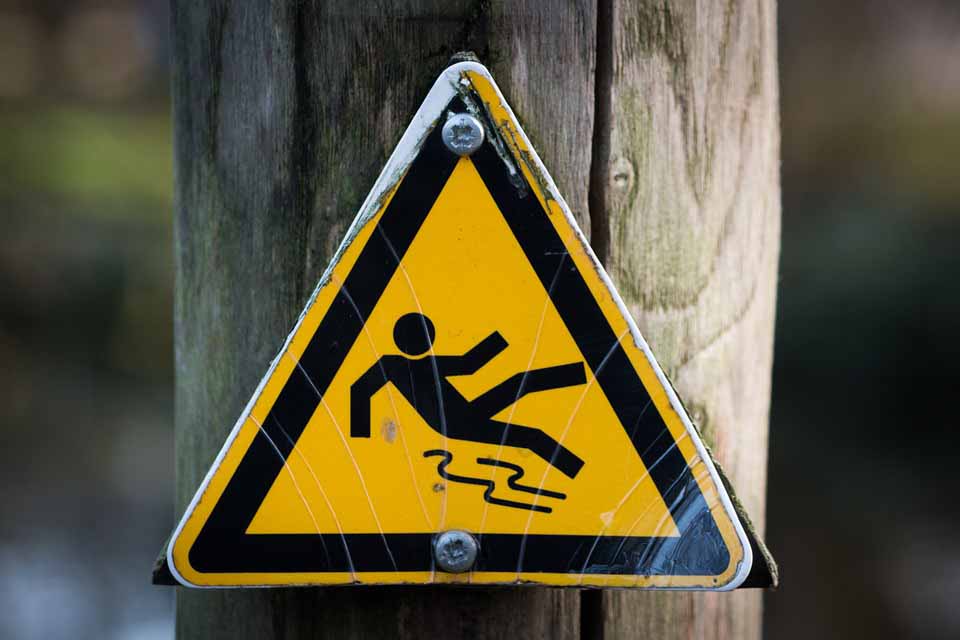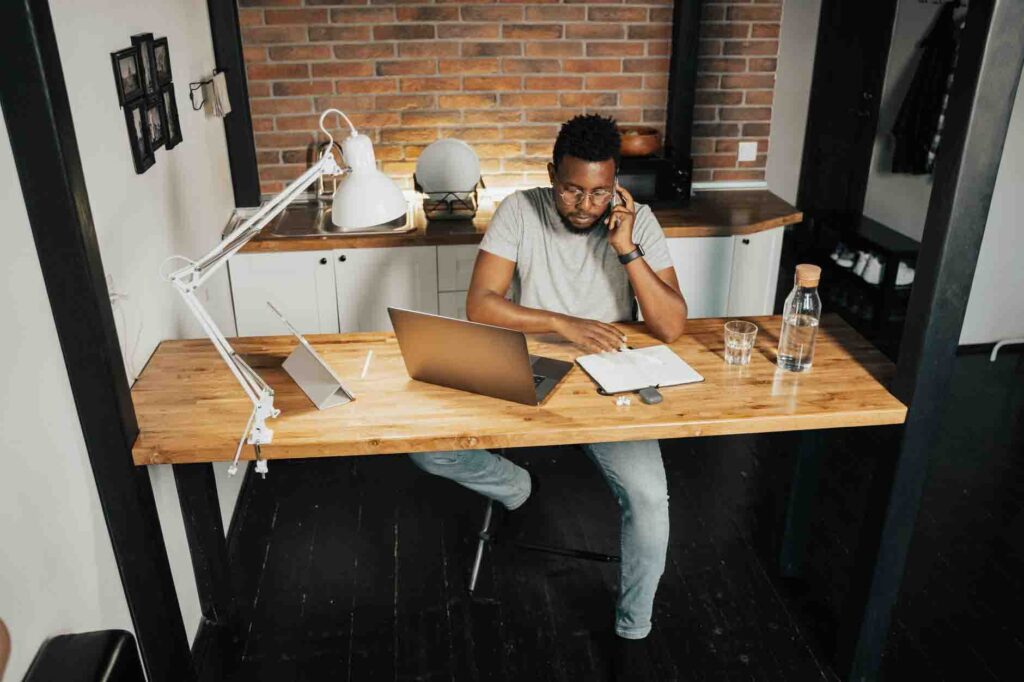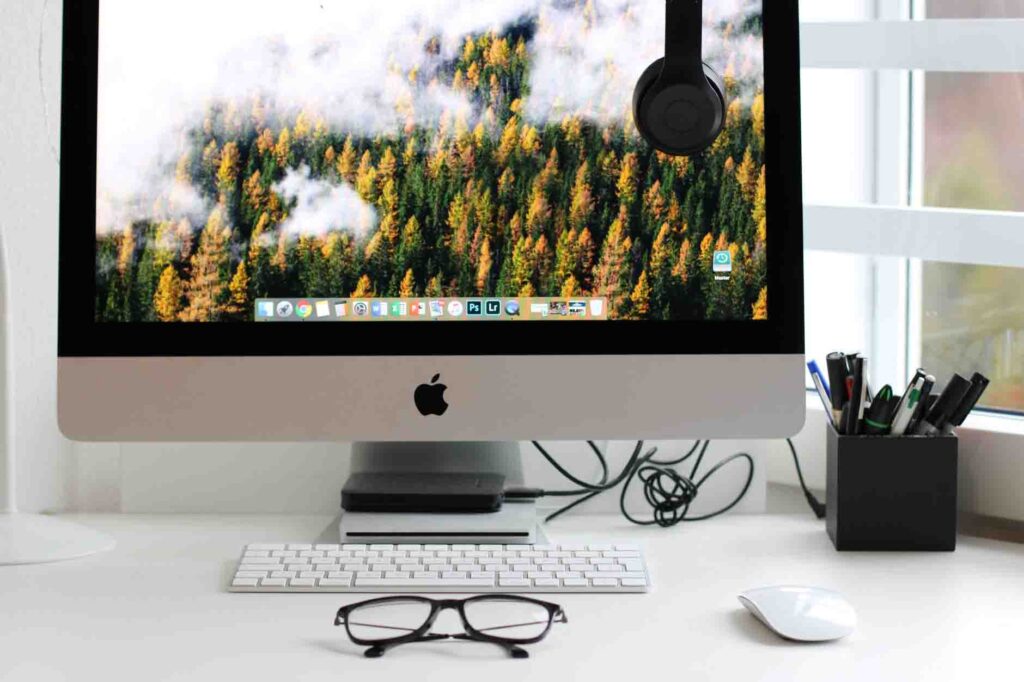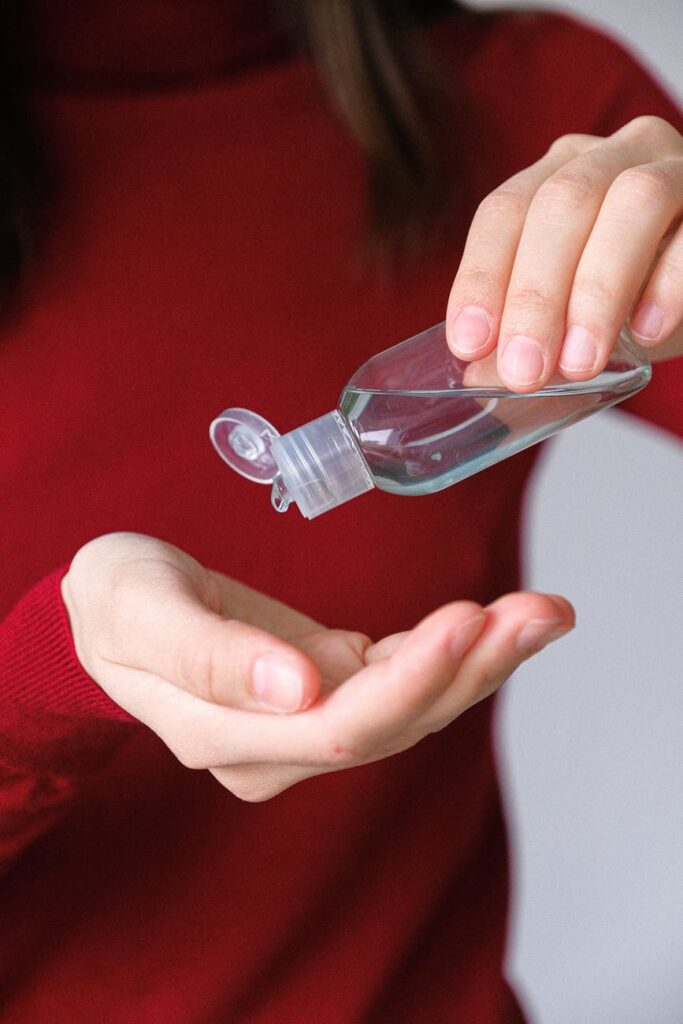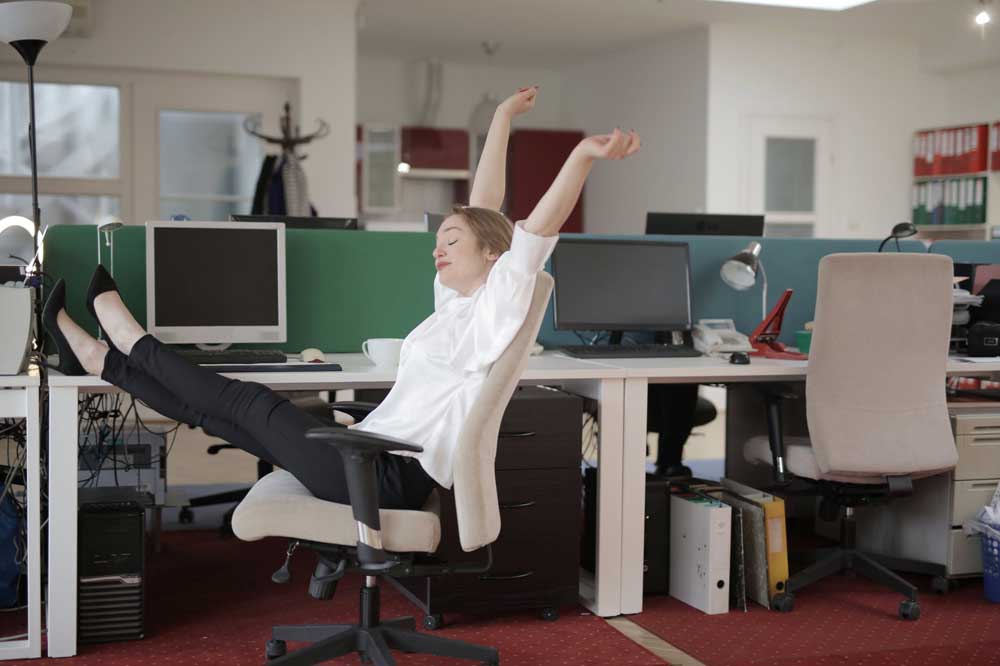Three focuses of my blog are Career Discussions, Health/Wellness and Workplace Discussions. Depending on the type of work you’re doing, safety may be a key consideration as it will impact your personal and professional lives. The following contributed post is entitled, Keeping Yourself Safe At Work More Easily.
* * *
If you are keen to make sure that you are really looking after yourself, there are few places that are going to be quite as important in this as your workplace. Wherever it is that you happen to work, you will find that you are much more likely to be able to keep yourself safe if you are keeping this at the forefront of your mind, and if you follow a few specific ideas and rules too. So let’s take a look now at what they might be that you want to consider, as that is going to help you out a lot.
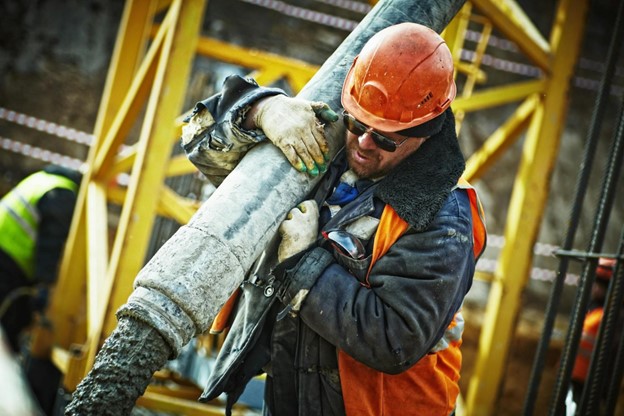
Follow Health & Safety Rules
One of the main things you need to do here is to make sure that you are following all the necessary health and safety rules that might come into play. As long as you do that, it’s going to mean that you are much more likely to actually be able to understand how to keep yourself safe. Those rules are there for a reason, and very often following them is going to be enough to ensure that you are keeping so much safer on the whole. This is a simple but highly effective thing that you can do.
Champion Better Conditions
If you do notice that the conditions you are all made to work in could be somewhat better, then this is certainly something that you might want to try and champion, because it might be a lot more challenging than you think to make sure that you are doing that. The truth is that there are very often problems with workplaces that need sorting out. If you notice that things are not as they should be, and you get injured as a result of those poor conditions, you might have a case to take up with Javier Villarreal Law Firm or someone similar.
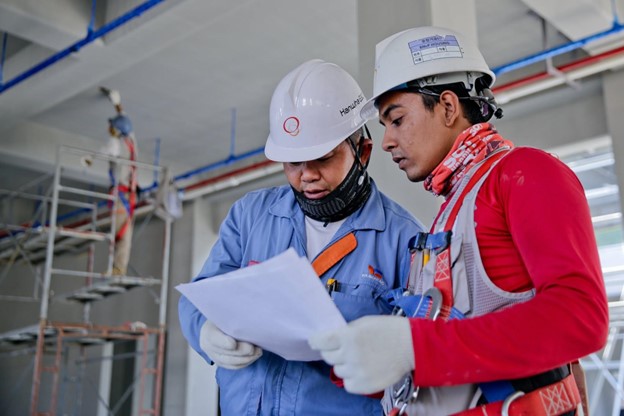
Keep Aware
As far as possible, you should try to keep aware of what is going on around you, what your surroundings are, what you and other people are doing, and so on. If you can do all that, you’re going to find that you are much more likely to stay safe, and that everyone else will be more likely to stay safe too. That is something that you are definitely going to want to think about here. Keep aware, and it will make a huge difference to how safe you can really be.
Use The Proper Safety Equipment
For so many jobs and tasks within jobs, you have to make sure that you are using the proper safety equipment. This is something that you definitely need to think about if you are going to try and make yourself a lot safer, and it’s likely that you are going to need to think about this. As long as you are using the proper safety equipment, you should find that you can keep yourself safe at work so much more easily on the whole.



